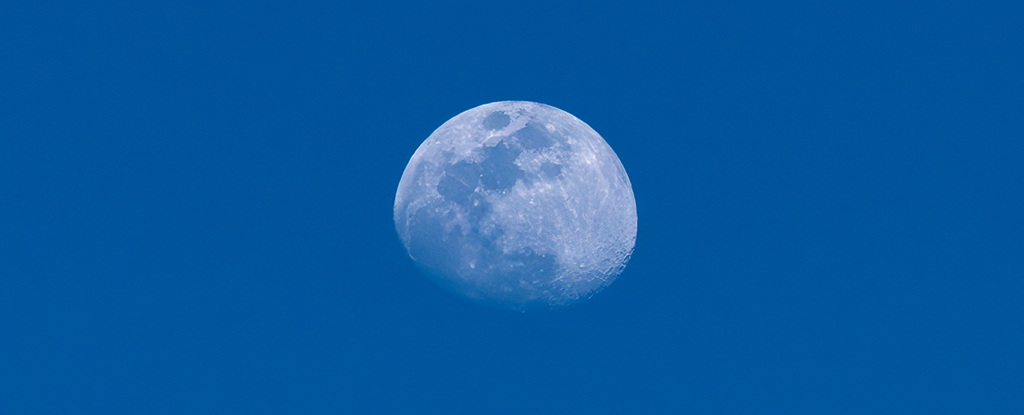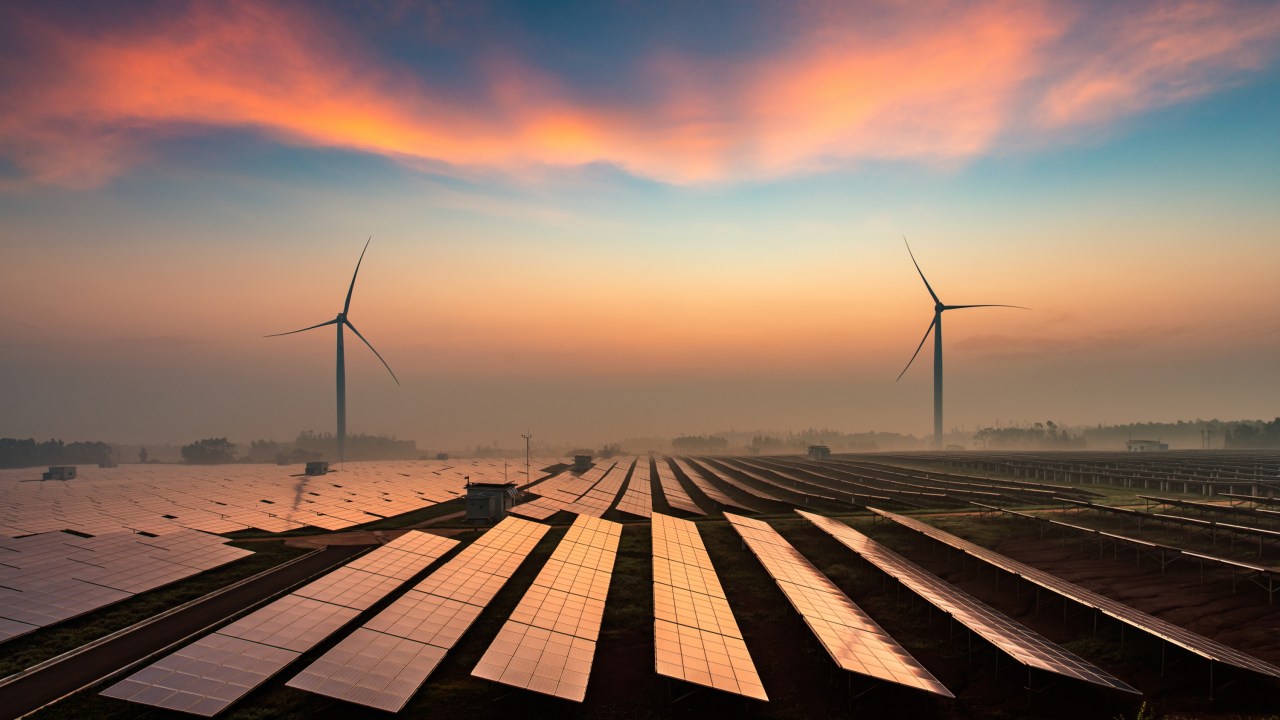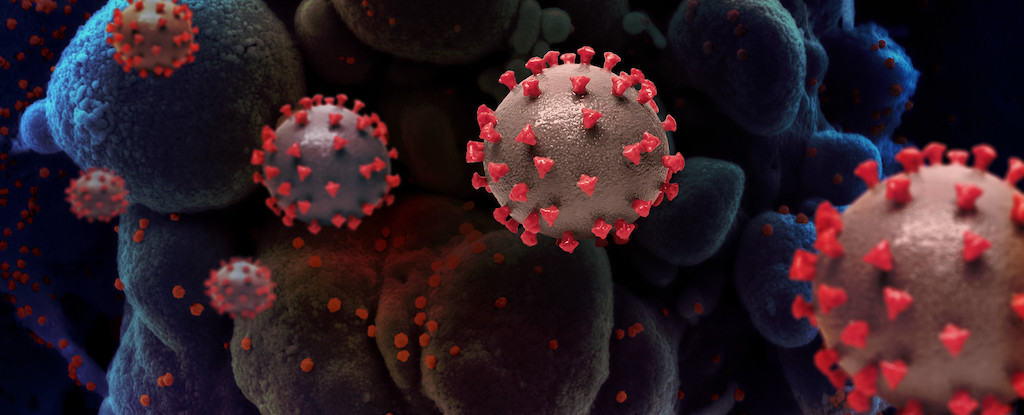Research Questions Link Between COVID-19 and Lunar Temperatures

A new study challenges the link between reduced human activity during COVID-19 and lunar temperature changes, suggesting other factors may be influential.
Recent research has revisited the hypothesis that the COVID-19 pandemic and resultant lockdowns significantly impacted lunar temperatures due to decreased human activity on Earth.
During 2020, when many businesses closed and people stayed home, it was noted that carbon emissions, along with terrestrial radiation—the heat generated by our planet and absorbed by the Moon—dropped. Previous studies indicated a decrease in lunar nighttime temperatures during April and May 2020.
Researchers from Missouri University of Science and Technology and University of West Indies examined the connection between reduced human activity and lunar temperature changes. Civil engineer William Schonberg stated, "The idea that our activity, or lack of activity, on Earth would have significant influence on the temperatures of the Moon—which is almost 240,000 miles from us—didn't seem likely, but we decided to keep an open mind and conduct additional research."
Upon reviewing past data, the study identified flaws in the initial hypothesis. They discovered a dip in lunar temperatures in 2018 that mirrored the 2020 decline and a consistent decrease from 2019 that conflicts with the timing of the pandemic.
The updated analysis of NASA's Lunar Reconnaissance Orbiter data revealed cyclical temperature fluctuations instead of a singular decline. A 2021 study was also cited that showed any emissions reduction attributable to COVID-19 predominantly affected Earth's lower atmosphere.
Schonberg clarified, "We're not disputing that temperatures went down at different times during the studied period, but it seems a stretch to assert that human activity was the main cause."
The researchers proposed that reduced pollutants and clearer night skies might enhance the heat reflected back from Earth to the Moon, potentially elevating, not lowering, lunar temperatures.
Ultimately, the new study concludes that variations in human activity are unlikely to impact lunar temperatures, whether during the COVID-19 period or otherwise. "During the Moon's nighttime, there is a small possibility that heat and radiation from Earth might have a very small effect on the lunar surface temperatures," Schonberg noted. "But this influence would probably be so minimal that it would be difficult to measure or even notice."




)














